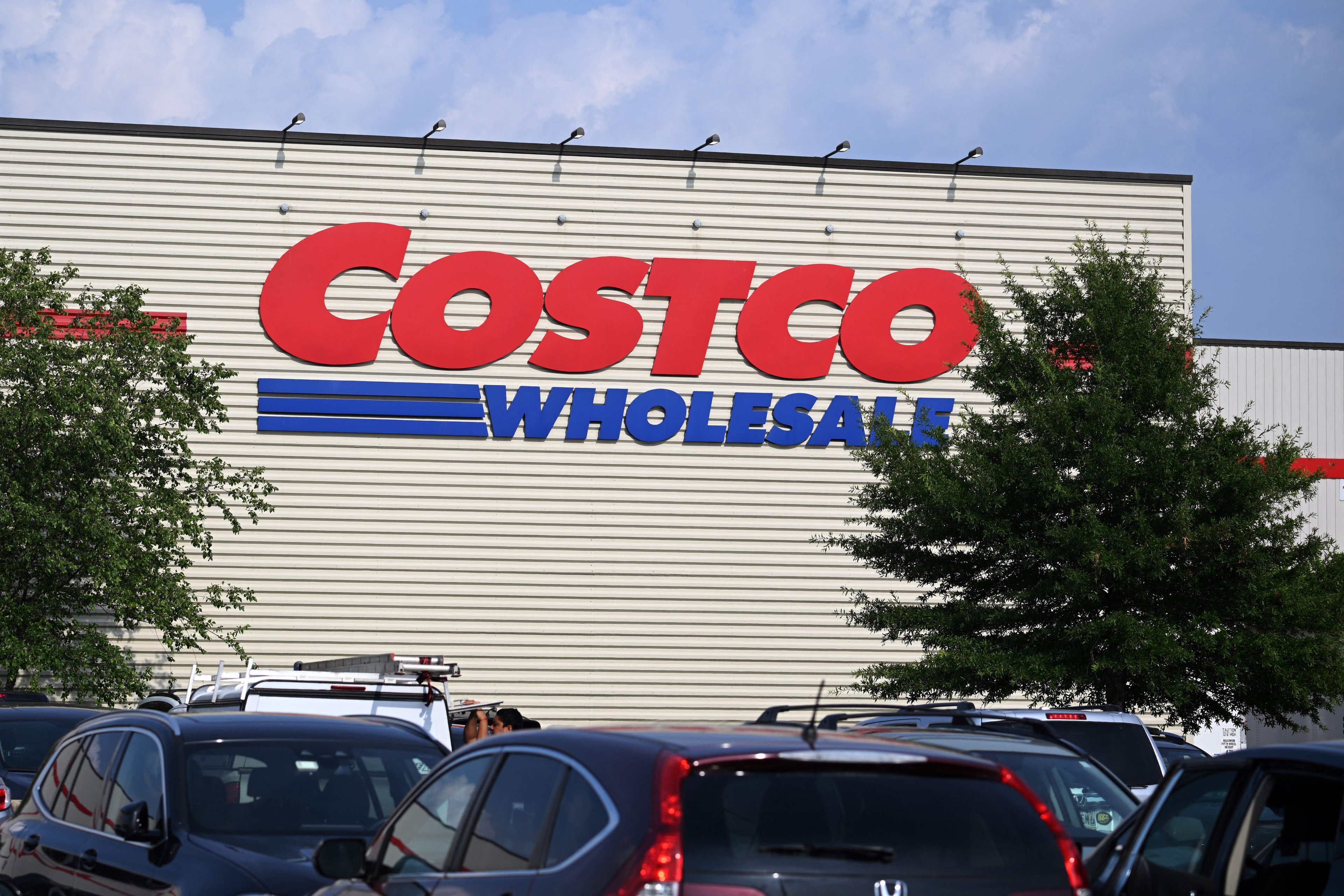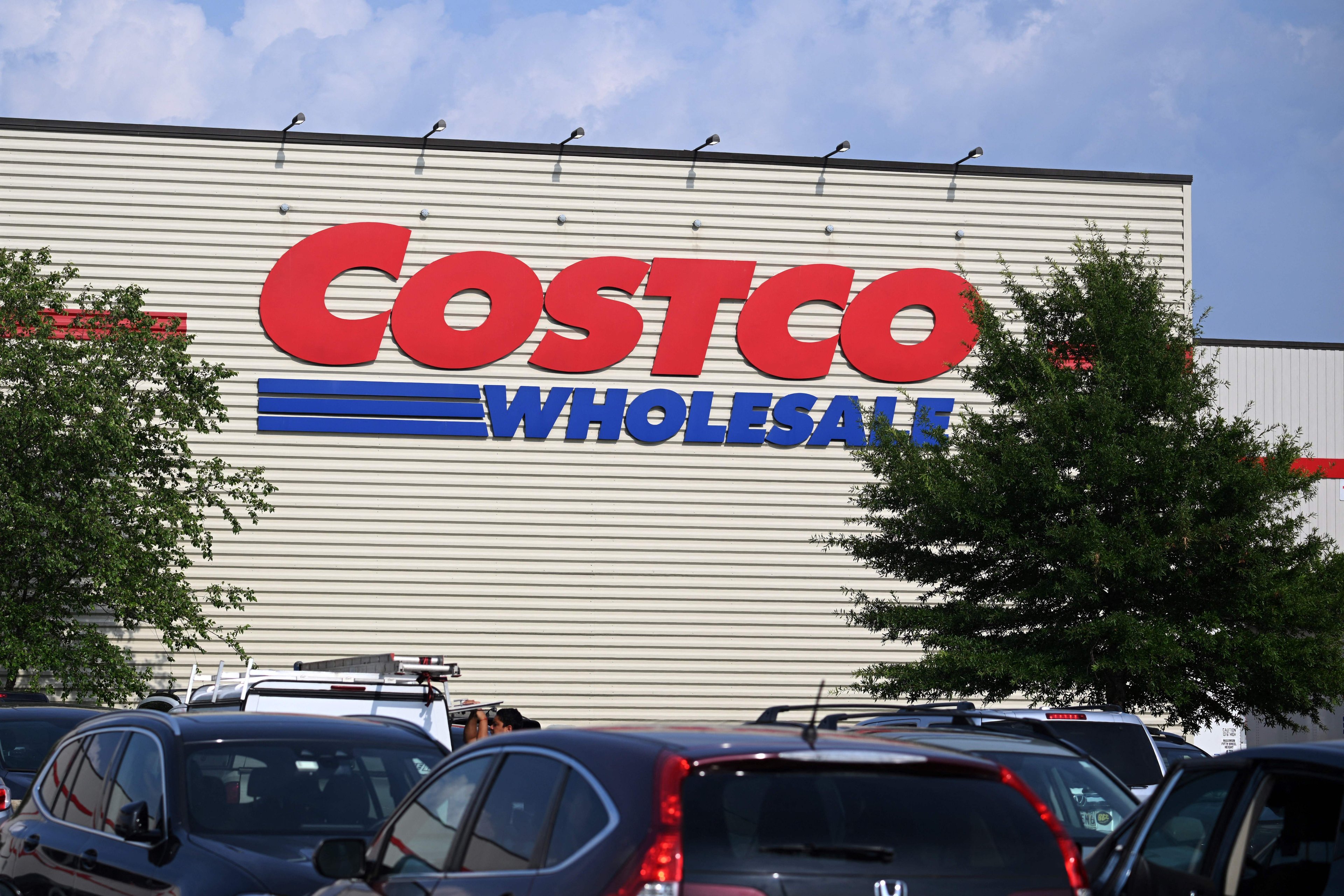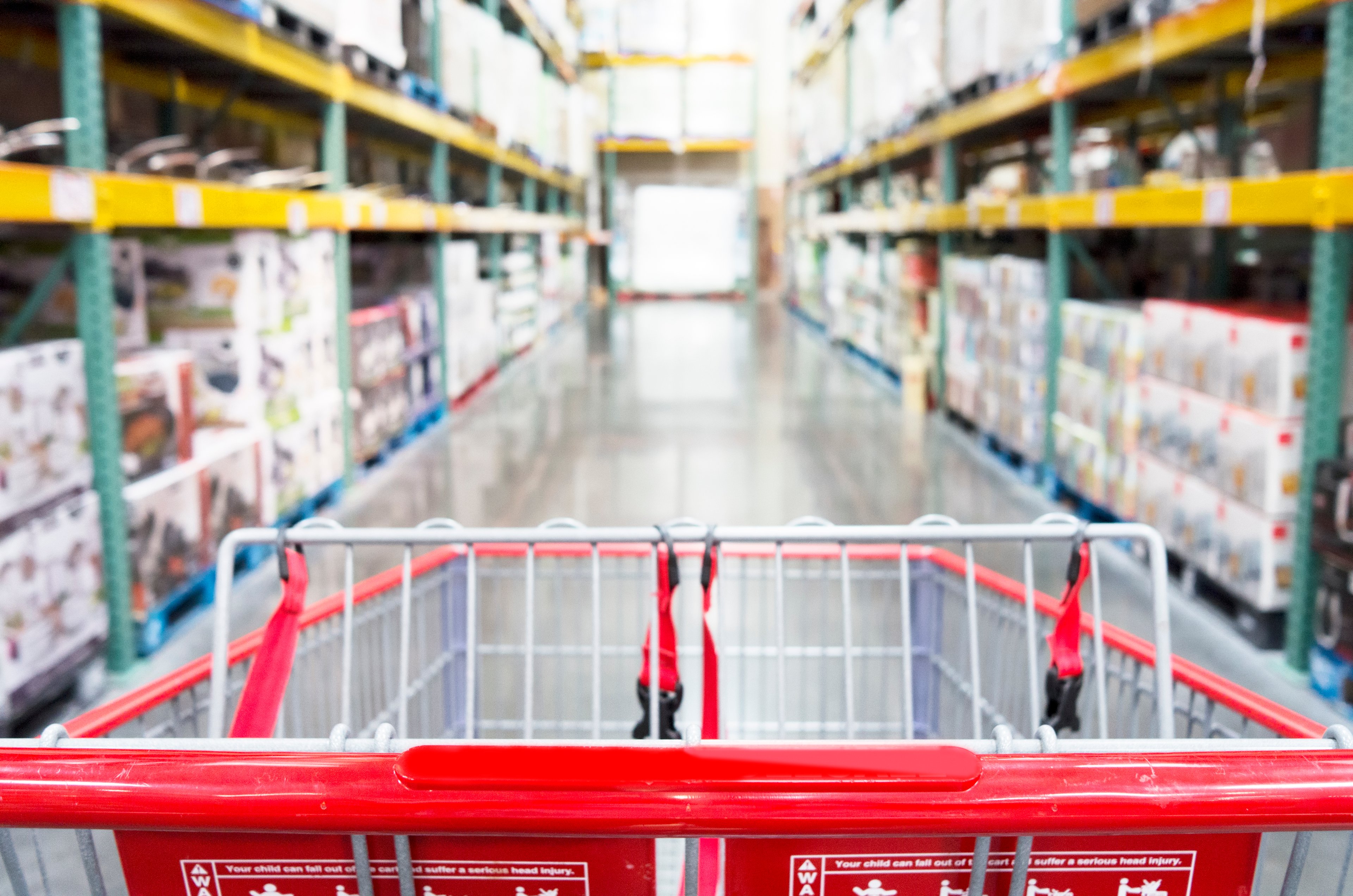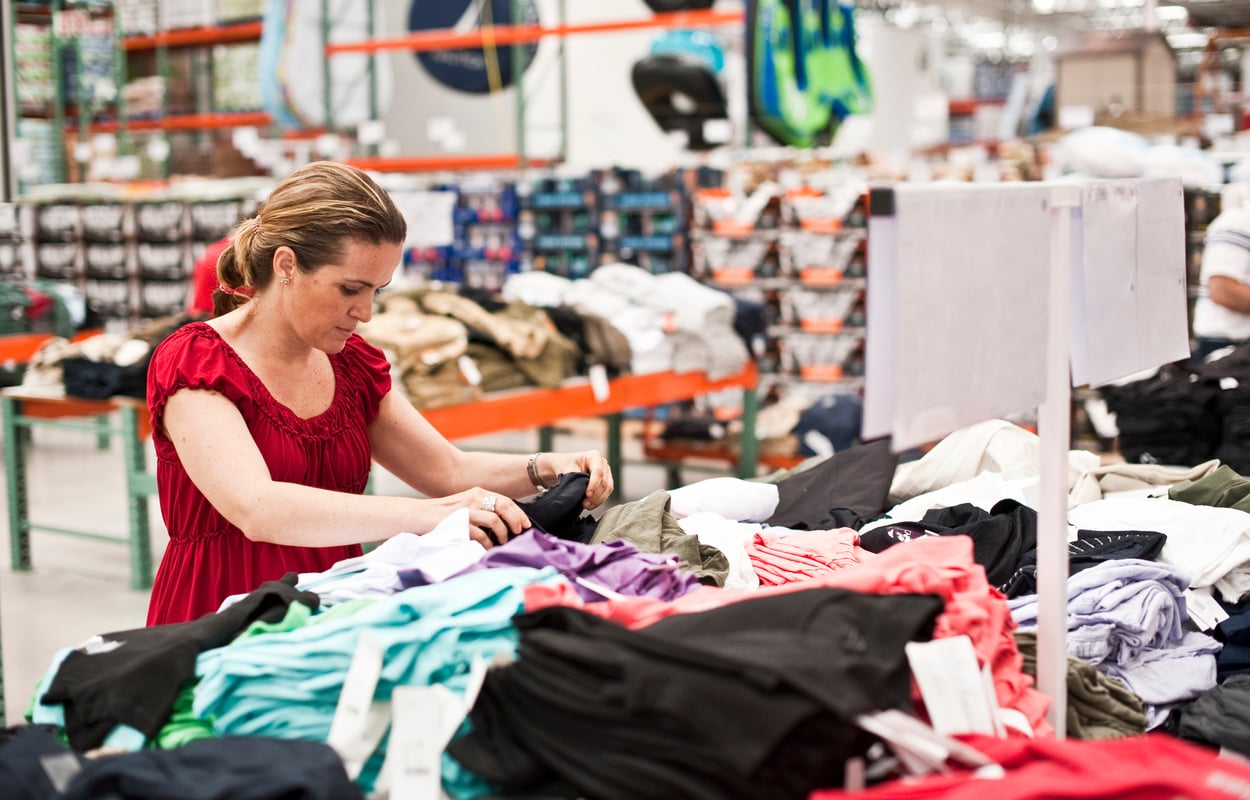President Donald Trump has delivered some tough talk on imposing border tariffs on products entering the United States. At various times, he has threatened nations including Mexico, China, Japan, and more. The president has not laid out a clear plan for tariffs, but he has mentioned them repeatedly as a tool to force companies to make goods in the United States, or to punish them for making or importing them from elsewhere.
"We are going to be imposing a very major border tax on the product when it comes in, which I think is fair," Trump said on his first full workday as president, Bloomberg reported. The president has cited a variety of numbers for the tax, with 20% being the one he mentions most often.
Widespread tariffs on imports would impact a number of U.S. companies. American automakers that build cars in Mexico have been a frequent target of Trump's speeches, and restaurants like Chipotle could be hit hard if Mexican produce (including avocados and tomatoes) get hit with a tariff.
The impacts of adding tariffs to imported goods would be widespread and Costco (COST 3.25%) acknowledged during its Q1 2017 earnings call on Dec. 7 that it has wide exposure to Trump's proposed plan. CFO Richard Galanti broke down how much the discount warehouse club imports. The call was transcribed by Seeking Alpha (registration required).

Electronics, including televisions, could be impacted by tariffs. Image source: Getty Images.
Costco could be hit hard
It's worth noting that the warehouse club's CFO spoke about potential exposure to tariffs in December, a little more than a month before Trump took office. In addition, it's important to know that while the chain has been expanding around the world, most of Costco's locations -- 506 of 723 -- are located in the U.S. In addition, the company has 36 warehouses in Mexico and 25 in Japan.
Galanti addressed the idea of tariffs during the question-and-answer portion of the earnings call.
"We're just asking or being asked that question recently and we're putting some [numbers] together," he said. "Our best guess is somewhere north of 20 [percent] and south of 30 [percent] and I give you a purposely large number because even you talk to some buyers in different departments, you find out that it might be imported, but it's all based on this U.S. dollar sale and my guess would be somewhere in the mid-20s."
Galanti went on to say that he believes the number was somewhere in the mid-20s as a percentage of all goods sold by the chain. He also gave some color on why determining an exact number is difficult.
"In the U.S., now I'm assuming that includes -- I'm including in that like electronics," he said. "Most electronics are purchased in U.S. dollars by U.S. trading companies that are arms of the overseas manufacture. And so again it's a little tenuous to come up with an exact number particularly since we just started looking at it."
Why does this matter?
Costco sells merchandise to its members at a very small markup. If the president imposes a 20% tariff on goods imported from countries from which it brings in goods, that fee will almost certainly have to be fully passed onto customers (whereas full-priced retailers might be willing to sacrifice some margin to absorb some of the increase).
In some cases, of course, the chain might simply stop selling a certain item or attempt to source it domestically, though that would likely come with a price increase as well. This is all very squishy ground for Costco and any other company relying on imports. It's hard to know if Trump will actually impose tariffs, how widespread they will be, and exactly what countries will be involved.
Should they happen, though, the warehouse club will likely be severely impacted. That would leave the company facing questions of whether it should raise prices, drop merchandise, or attempt to find cheaper vendors. That could be a significant drag on a brand that lures in members largely by offering them low prices.






